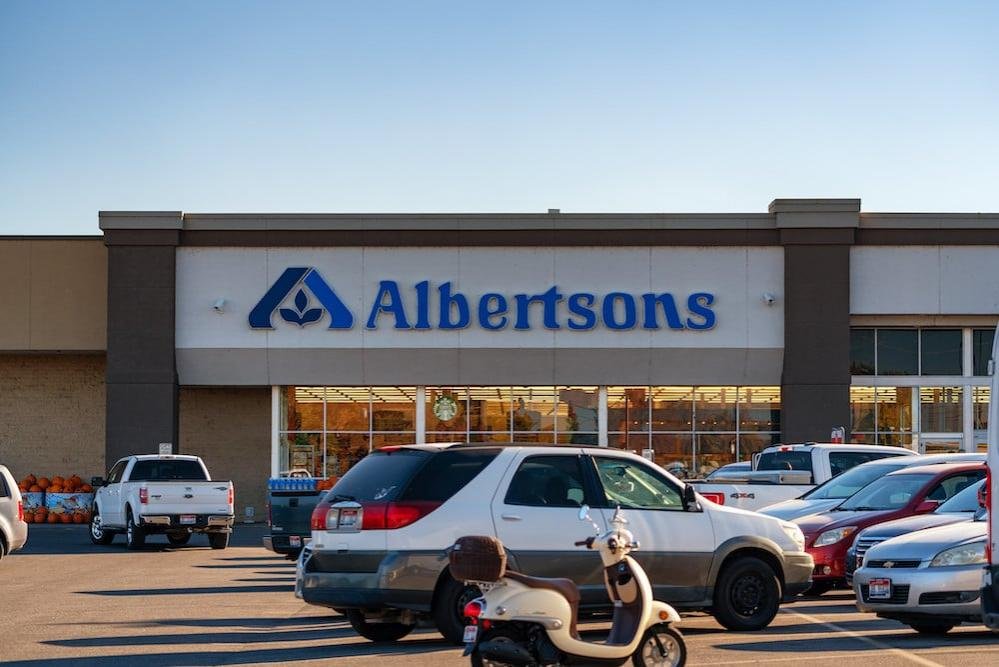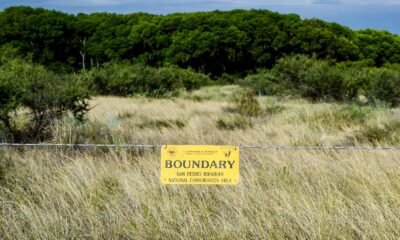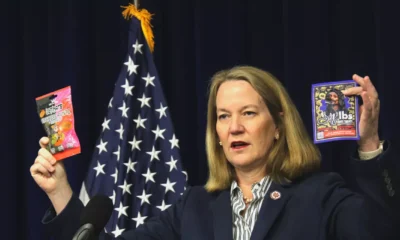arizona
Federal Judge Halts Safeway-Albertsons Merger: A Major Setback for Grocery Giants

In a significant move regarding antitrust regulations, a federal court in Oregon has issued a preliminary injunction that halts Kroger’s proposed $24.6 billion acquisition of Albertsons. The ruling comes just an hour before a Washington state court was set to deliberate on the same matter, signaling a decisive moment in the ongoing legal battle.
King County Superior Court Judge Marshall Ferguson echoed the federal court’s findings, stating that the merger violates Washington’s consumer protection laws. He highlighted the intense competition between Kroger and Albertsons in the state, asserting that the merger would “substantially lessen” competitive dynamics and harm consumers.
“This is a case of monumental complexity and importance to grocery consumers in the state of Washington and beyond,” Judge Ferguson affirmed during his remarks in a packed courtroom. He indicated that while discussions about mergers that comply with state laws can continue, the proposed deal does not meet these criteria.
U.S. District Judge Adrienne Nelson’s decision, which follows a comprehensive 15-day preliminary injunction hearing, aligns with concerns voiced by the Federal Trade Commission (FTC) regarding national antitrust implications. The FTC contends there’s a strong chance of success in proving that the merger is detrimental to market competition.
Judge Nelson pointed out that without the injunction, Kroger and Albertsons could have proceeded with the merger, complicating any potential remedies should the antitrust inquiry reveal violations. She noted the difficulties involved in unwinding a merger once sensitive business information is shared, reinforcing the need for cautious deliberation.
“Any harms defendants experience as a result of the injunction do not overcome the strong public interest in the enforcement of antitrust law,” Nelson stated, emphasizing the risks of premature consolidation.
Kroger’s plan to merge with Albertsons—announced in October 2022—aims to create one of the largest supermarket chains in the U.S., comprising over 4,400 stores. Yet, the proposal has faced significant opposition from grocery unions, state attorneys general, and federal regulators.
Washington Attorney General Bob Ferguson has spearheaded efforts against the merger, filing a lawsuit in January to block the acquisition on state grounds. The FTC, along with eight states—including Arizona and California—joined forces in February to call for a temporary injunction pending further investigation.
During the hearings, Kroger and Albertsons representatives argued the merger is essential for competing against large retailers like Walmart and Amazon. Kroger CEO Rodney McMullen assured the court that the merger would lead to lower prices for consumers, while Albertsons CEO Vivek Sankaran acknowledged the competitive landscape but claimed merging would bolster their capabilities against larger competitors.
However, Judge Nelson appeared unconvinced, noting that allowing an unlawful merger to proceed would contravene the goals of antitrust law, which seeks to safeguard competitive markets. The preliminary injunction simply pauses the merger process, allowing the FTC to complete its investigation.
Parallel to these developments, a similar case regarding the merger is taking place in Colorado, where a temporary injunction was granted in July, putting the deal on hold pending trial outcomes.

















